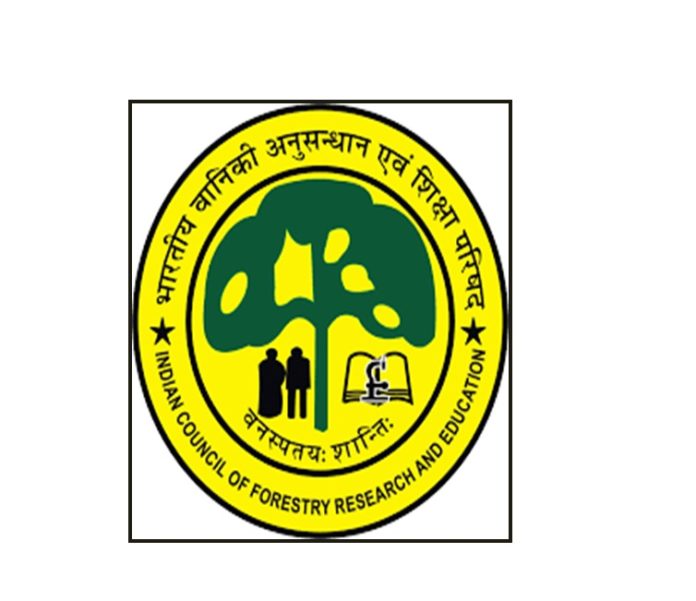Three Forest Research Institutes Develop High-Yielding Varieties of Plant Species
Forest Research Institute, Dehradun, has worked, for more than a decade, on ten improved varieties of Melia dubia and three clones of Eucalyptus tereticornis, the timber of which is in high demand in the industry. The released cultivars of Melia, popularly known as Dreake, or Malabar Neem, not only have a high productivity per unit area, with an average of 34.57 cubic metre per hectare per annum, but also have an excellent bole form, which is a desirable characteristic for plywood industry. Similarly, the average productivity of the released varieties of Eucalyptus has been recorded as 19.44 cubic meter per hectare per annum, against the present productivity level of 5-7 cubic meter per hectare per annum. These clones have also been found to be resistant to pink disease and wall gasp. Research at Institute of Forest Genetic and Tree Breeding, Coimbatore, has resulted in the development of five inter-specific hybrids of Casuarina equisetifolia X Casuarina junghuhniana for use as timber. Similarly, Tropical Forest Research Institute, Jabalpur, developed two varieties of medicinal plant Rauvolfia serpentina.
The developed varieties have to go through stringent long field trials and testing before release. The VRC meeting that released the varieties was held under the chairmanship of Director General, Forest and Special Secretary, Dr. S.S Negi granted approval for the release of these varieties. The three institutes that have developed the varieties are – Forest Research Institute (FRI), Dehradun, Institute of Forest Genetics and Tree Breeding (IFGTB), Coimbatore and Tropical Forest Research Institute, Jabalpur. Director General, ICFRE and Co-Chair of VRC, Dr. Shashi Kumar, Director, TFRI, Dr. Prakasham, Director, FRI, Dr. Savita, Director, IFGRB, Dr. Prashanth and two experts of the subject matter, Dr. D.K Khurana, Dr. Vishnu Bhatt, Shri Omkar Singh PCCF (HoFF), AGMUT and Dr. Amrinder Kaur, PCCF (HoFF), Haryana, were also present at the VRC meeting.
Indian Council of Forestry Research and Education (ICFRE), Dehradun established as an autonomous organisation under Ministry of Environment, Forest and Climate Change, carries out the holistic research on forestry species. The nine Institutes under ICFRE are actively engaged in improvement of plantation tree species to improve yield, quality and productivity to meet the demand for domestic consumption by industries.
In its earlier efforts, ICFRE released 27 high-yielding clones in 2010, 2011 and 2014 of Eucalyptus camaldulensis, Eucalyptus Hybrid, Casuarina equisetifolia, Casuarina junghuhniana and Dalbergia sissoo and are in commercial production now. Of these, 27 varieties have been released in the past. Institute of Forest Genetics and Tree Breeding, Coimbatore, developed 25 varieties and remaining two varieties of Dalbergia sissoo and Eucalyptus Hybrid were developed by Forest Research Institute, Dehradun.






















